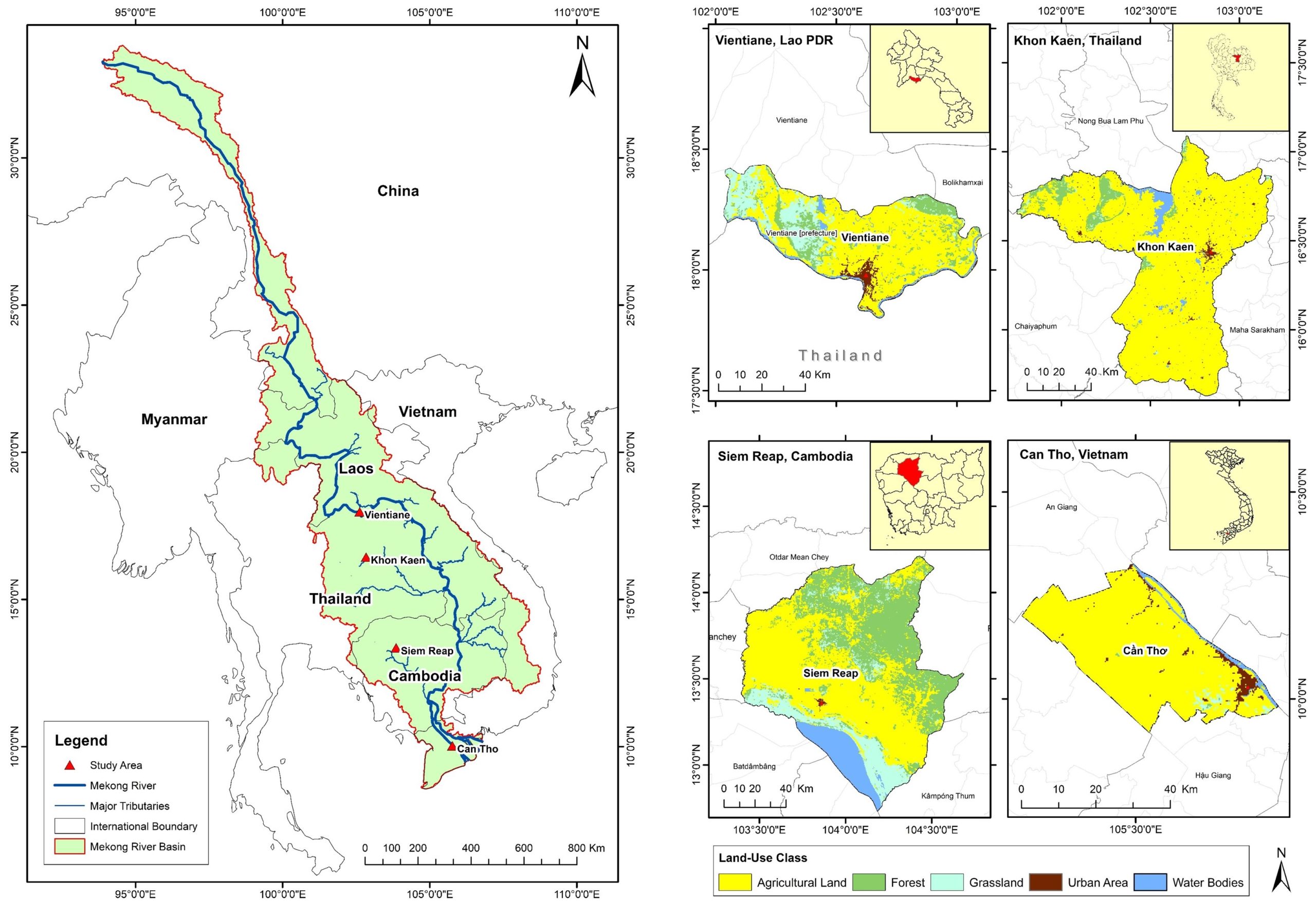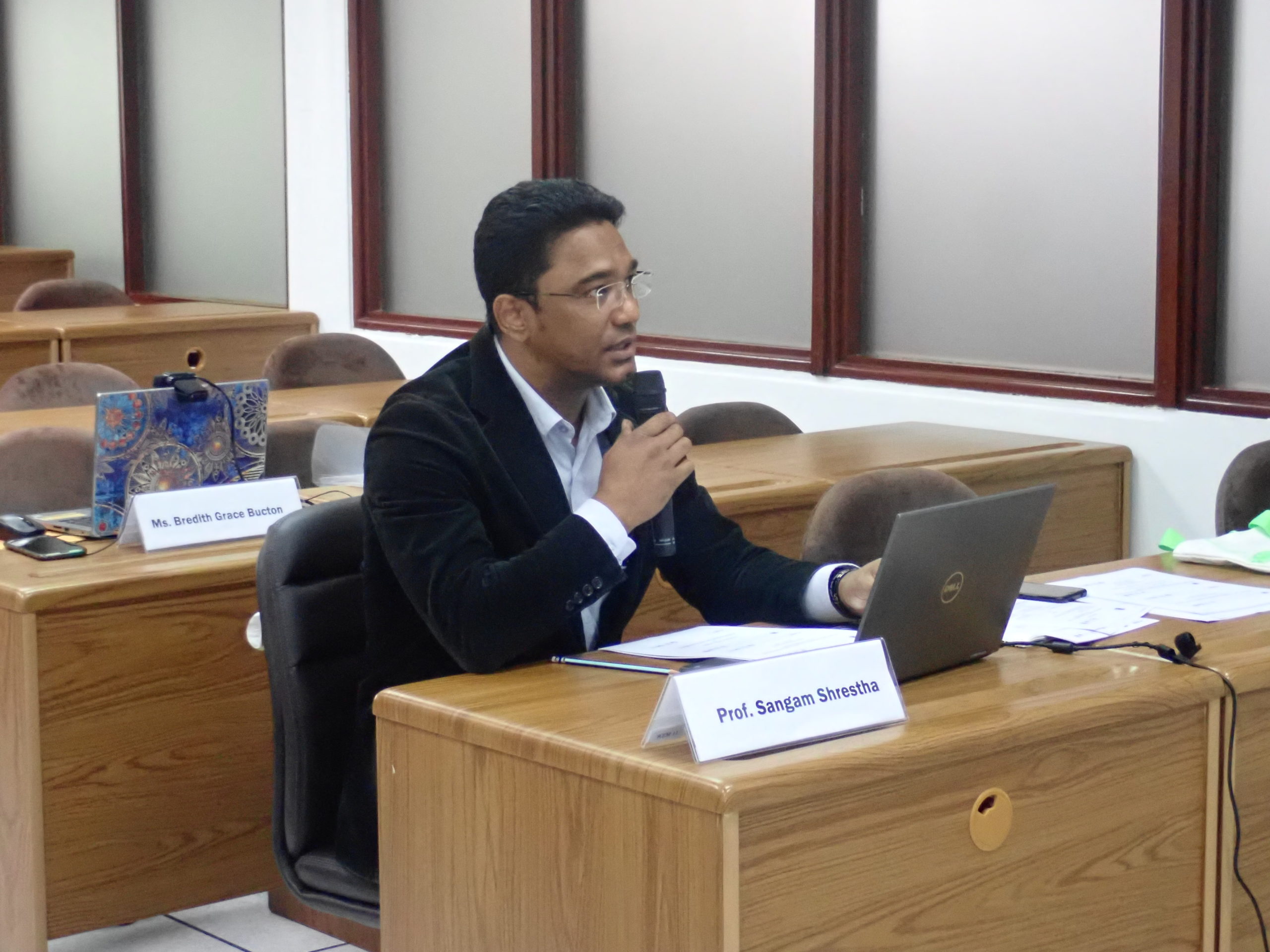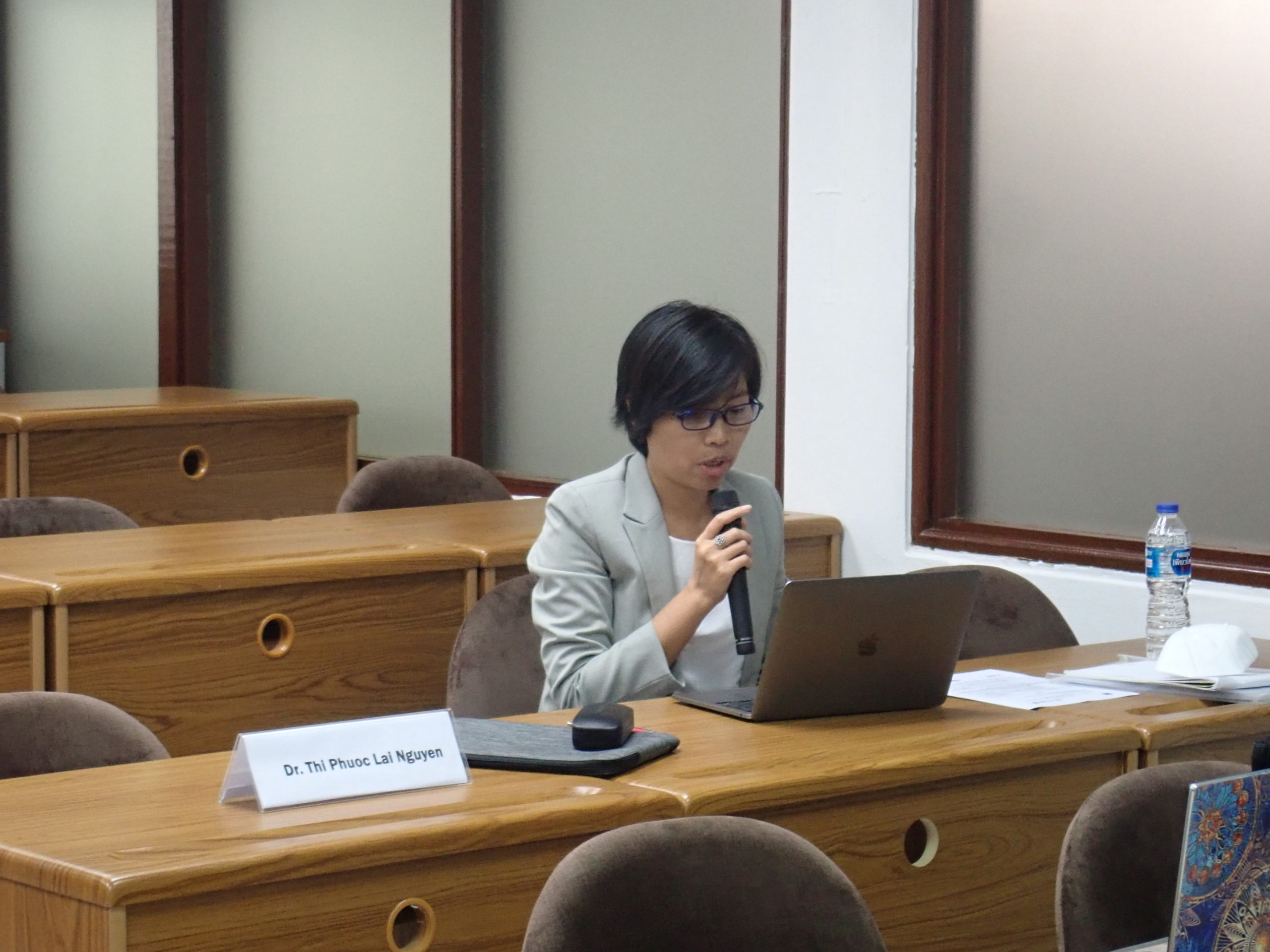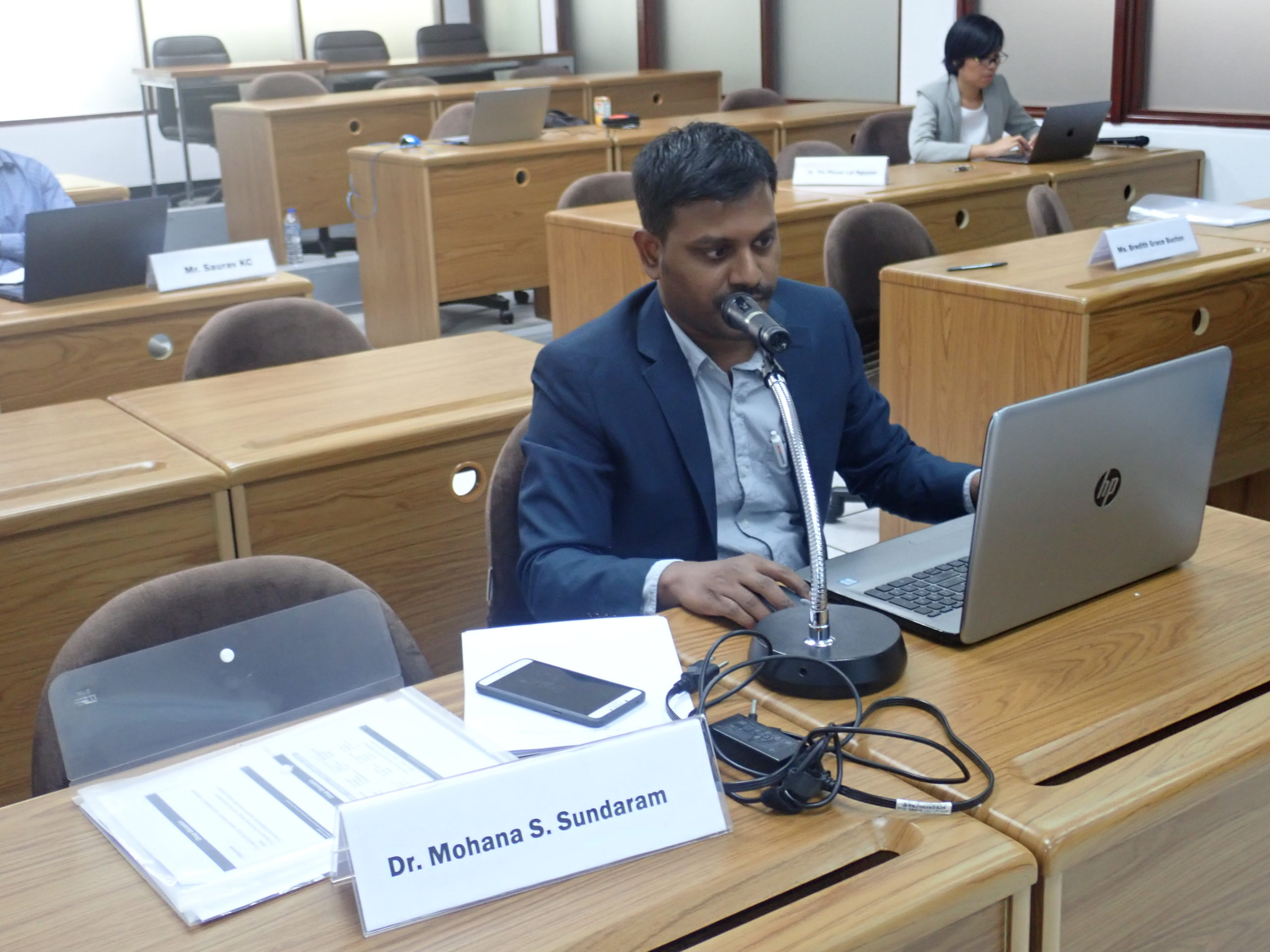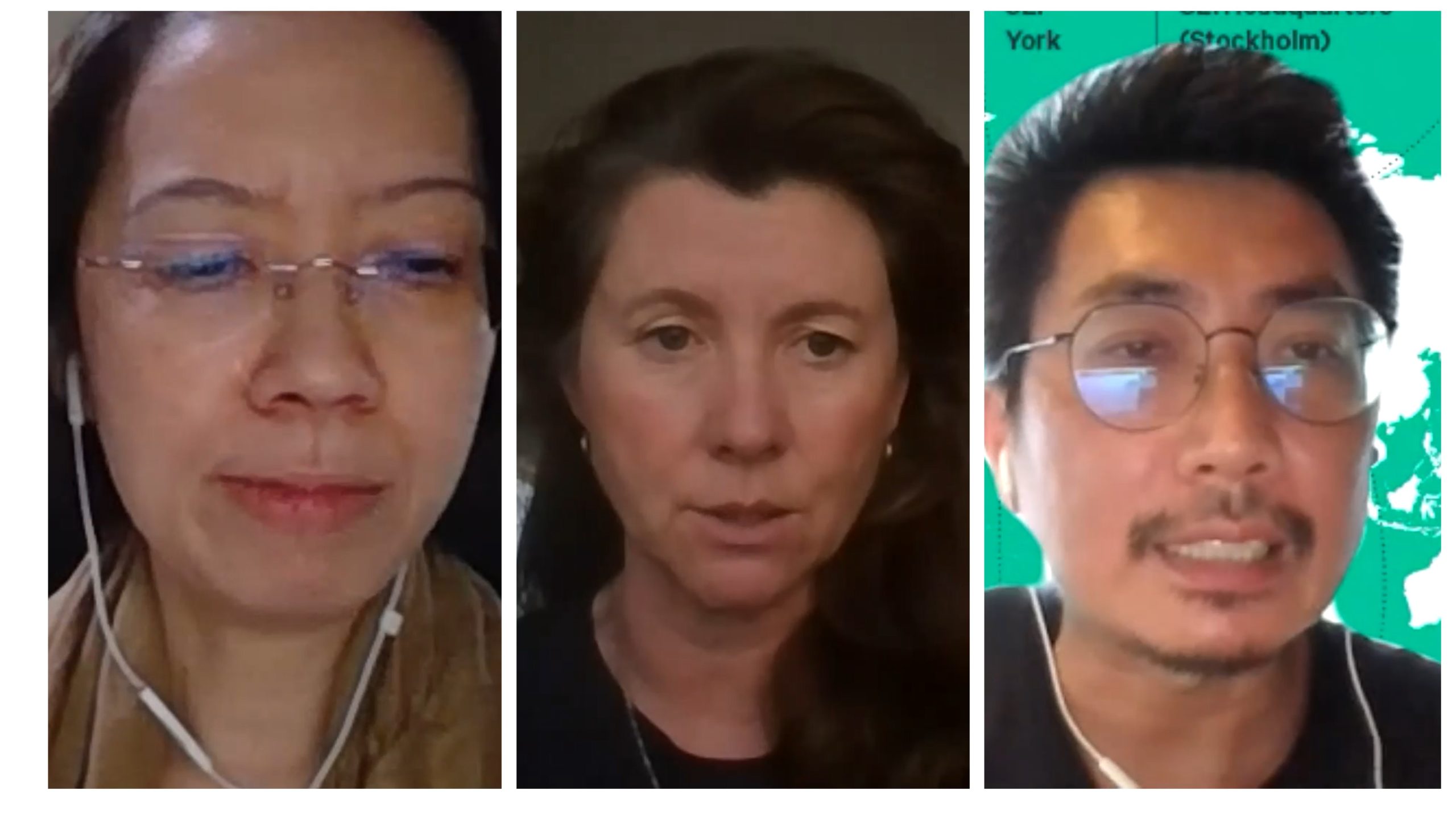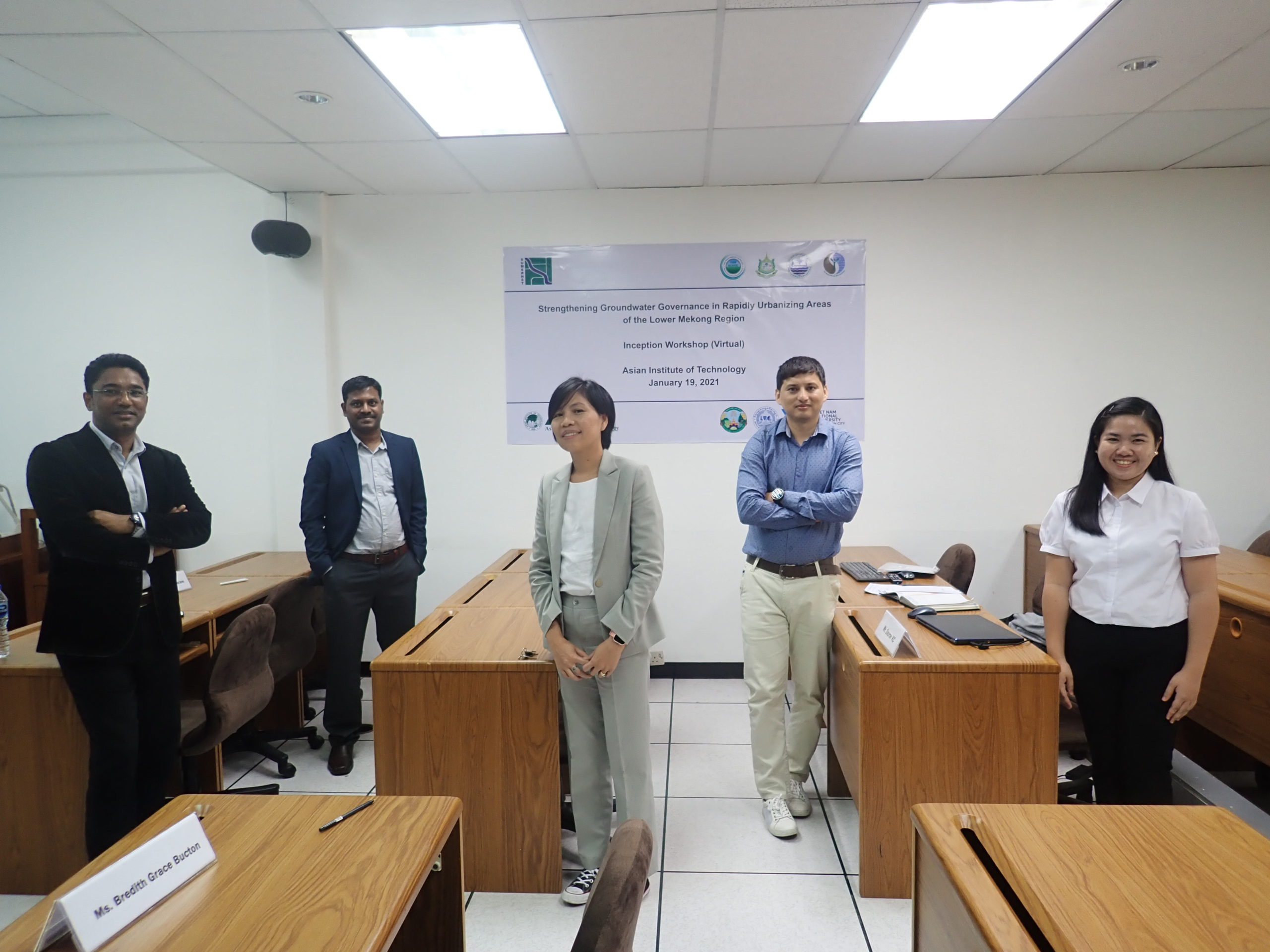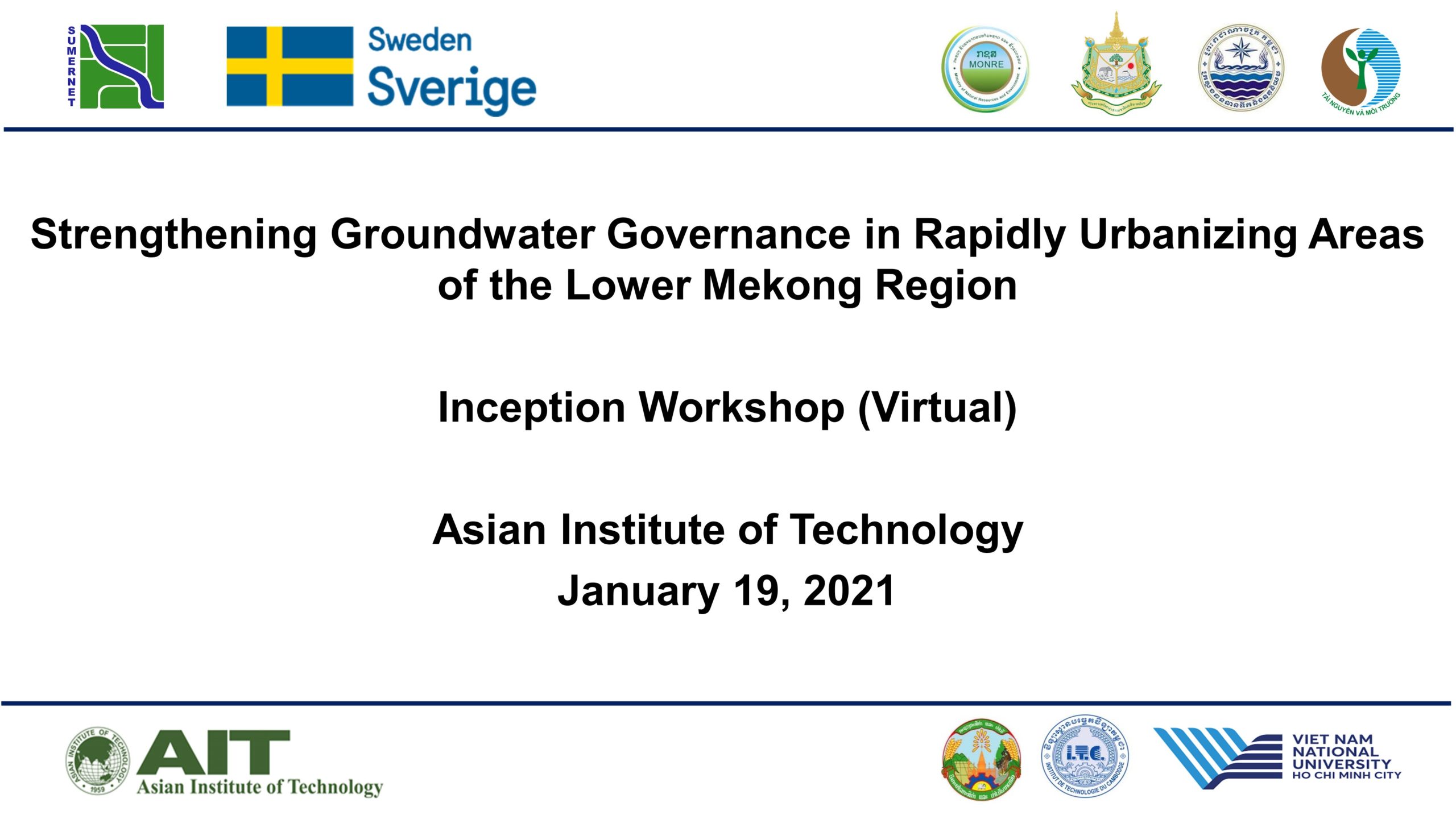
An inception workshop of the project “Strengthening Groundwater Governance in Rapidly Urbanizing Areas of the Lower Mekong Region” was successfully concluded on January 19, 2021, at the Asian Institute of Technology (AIT) Campus, Thailand via a virtual platform. The project has been funded by Stockholm Environment Institute (SEI) under the SUMERNET 4 All Programme which is funded by the Swedish International Development Cooperation Agency (Sida). The study areas of the project are the Vientiane Capital, Lao PDR; Khon Kaen city, Thailand; Siem Reap city, Cambodia and Can Tho city, Vietnam.
Dr. Eden Y. Woon, President of AIT, and Dr. Niall O´Connor Director of SEI delivered the welcome remarks and highlighted the continued collaboration between AIT and SEI. Both of the distinguished speakers emphasized the importance of groundwater resources and the resulting impact of rapid urbanization, climate change, and other multiple stresses on the groundwater resources affecting the vulnerable and marginalized groups of the Lower Mekong Region (LMR). Additionally, they also emphasized that the project outputs shall be vital to include in key policy documents and wider-audience publications. Mr. Eren Zink from the Embassy of Sweden, Thailand also attended the workshop and thanked SEI and AIT for the invitation. Dr. Chayanis Krittasudthacheewa, Director of SUMERNET Program delivered an opening address by introducing the SUMERNET program and the Groundwater Integrated Regional Assessment (GIRA) project with its objective in the Mekong region. In addition to this, she also thanked the SUMERNET steering committee, SUMERNET secretariat, and project team for successfully organizing the virtual workshop amid the COVID-19 pandemic. The project’s overview and the major objective of the workshop which was to gather feedback on the project design and identify opportunities and synergies for possible collaboration for achieving the project goals was presented by Prof. Sangam Shrestha. Furthermore, he added that upon completion of the workshop, it is expected that the project objectives, scope, and activities are fine-tuned and the key stakeholders are identified for collaboration and networking. The first session of the workshop ended with the introduction of representatives from the boundary partners, SEI advisors, study partners, stakeholders, and young researchers involved in the project.
The 2nd session of the workshop consisted of the presentations on objectives, scopes, and approach of each of the Work Packages (WPs) of the project. Prof. Sangam Shrestha, Dr. Thi Phuoc Lai Nguyen, and Prof. Ashim Das Gupta delivered the presentation for the WP1: Groundwater assessment; WP2: Groundwater governance, and; WP3: Groundwater vulnerability assessment respectively. This was followed by the presentation from Dr. Thanapon Piman from SEI in the 3rd session which included an introduction to Robust Decision Support (RDS) for groundwater management which shall be very useful to the project in avoiding predictions during planning and evaluation of the plans/strategies under certain and uncertain future. The 3rd session of the workshop ended with the presentation from Prof. Shrestha for the formation of the four groups (Group Lao PDR; Group Thailand; Group Thailand; Group Vietnam) consisting of the representatives from the boundary partners, study partners, stakeholders, facilitators, and rapporteurs. Furthermore, he also provided instruction for online participation during the group discussion in Session 4.
The 4th session of the workshop included parallel group discussion on the three WPs which was jointly facilitated by AIT and SEI and the discussions were noted by young researchers. Each group was involved in a comprehensive discussion during the session which was mainly divided into two parts. The first part consisted of discussion related to groundwater uses problems, multiple stresses, and identification of the vulnerable groups in the respective study areas. Similarly, the second part included discussion on project design, improvements in the activities and outputs of the WPs, existing and potential conflicts, groundwater-related regulations, policies and institutions, potential adaptation strategies to reduce the groundwater vulnerability and key risks to the vulnerable and marginalized groups as a result of multiple stresses in the groundwater. This session was followed by the last session which included the presentation of a group report from the selected participant of each group. This presentation consisted of the highlights from the two parts of group discussion in session 4 and was followed by a plenary discussion. The summary of major findings of the plenary discussion for the inclusion and improvement in the project are:
- Engagement of partners as well as stakeholders in design and implementation of the data collection process and capacity development of the boundary partners
- Inclusion of transboundary aquifer management perspective in the project (both quality and quantity aspect)
- Identification of exact location of Vulnerable and Marginalized groups in the study areas and their stake in groundwater access, governance, and management
- Analysis of decentralization aspect in groundwater governance and management
- Collaboration with Khon Kaen University and related groundwater departments
- Future Stresses: Tourism development; Economic development; Poor groundwater governance; Frequent Policy Change
Dr. Leonie Pearson and Dr. Thanapon Piman from SEI thanked the participants and the project teams for their active participation, inputs to shape the project, and good arrangements of the project team for conducting the flawless workshop. Furthermore, both the speakers expect that the project shall be a flagship project to support and guide policy and decision-makers in strengthing groundwater governance in the region. The workshop was concluded by the thank-you remarks from Prof. Sangam Shrestha highlighting the overall discussions and suggestions received from the participants of the workshop.

